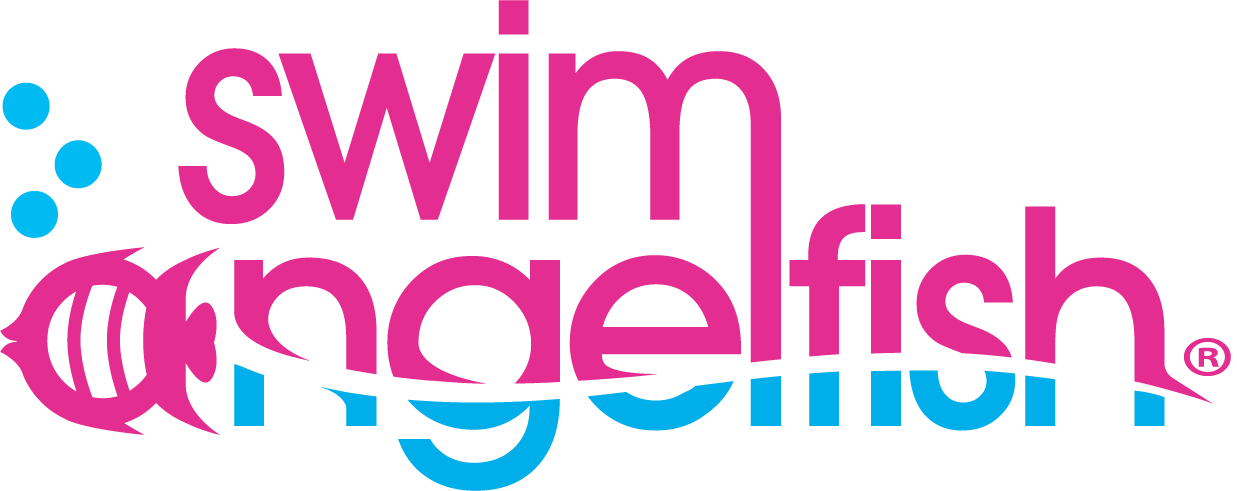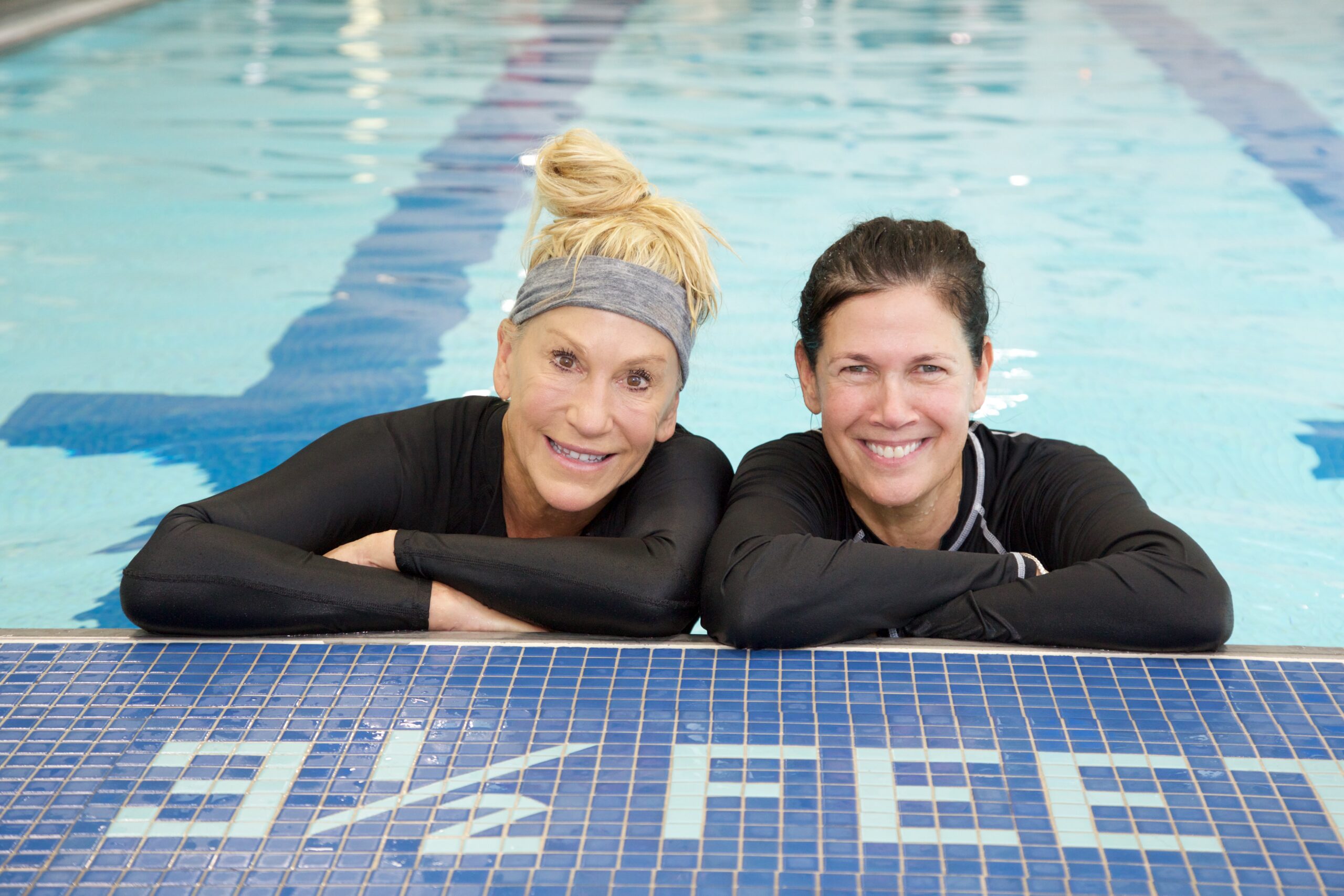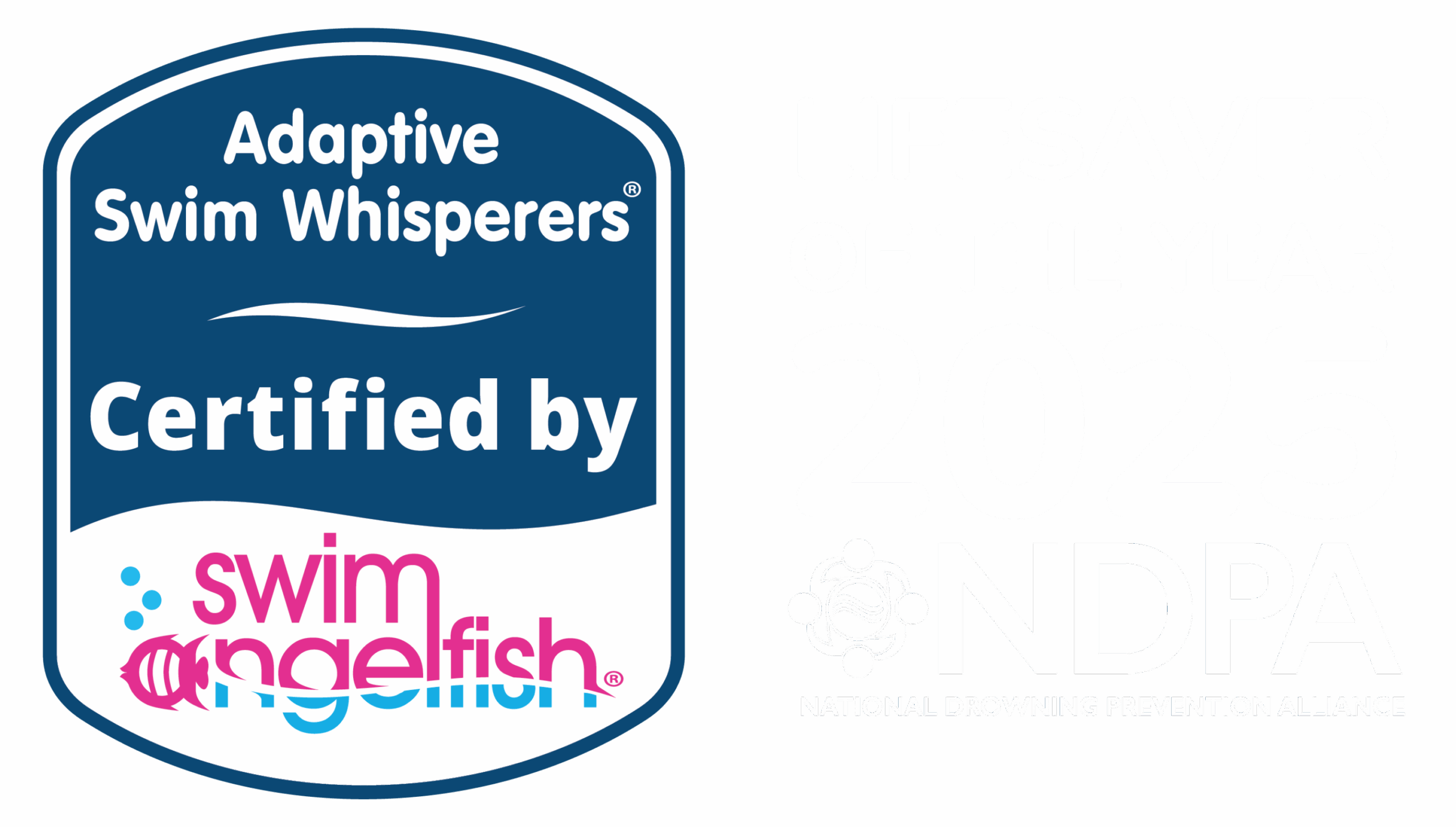How to Teach Swimming to Someone with ADHD
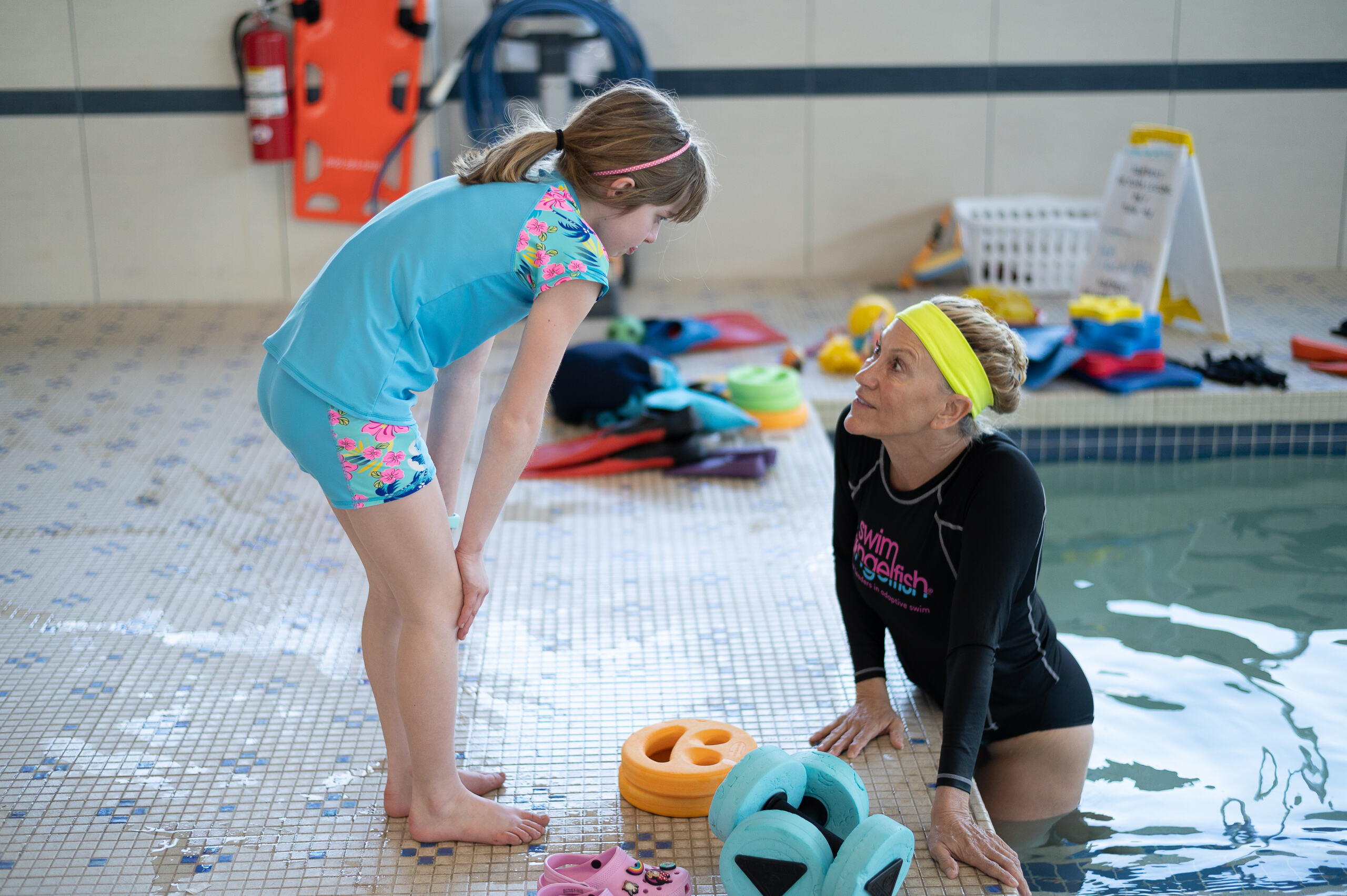
Want to know how to teach a child with ADHD to Swim?
When a swimmer consistently struggles to follow instructions, appears disinterested, or exhibits sensory-seeking behaviors like excessive underwater time or fidgeting, it might be indicative of underlying challenges. ADHD and sensory processing dysfunction can significantly impact a child’s swimming experience.
We share insights on ADHD and sensory processing issues along with proven swim instructor tips to help overcome challenges in teaching swimming to individuals with ADHD.
Understanding ADHD
Attention deficit hyperactivity disorder (ADHD) can present challenges for children in traditional learning and therapy settings. They may struggle to focus, fidget excessively, and have difficulty following instructions.
The Benefits of Swimming for Children with ADHD
Fortunately, swimming offers a unique and positive environment for children with ADHD. The water provides natural sensory input that can be calming, organizing and focusing.
Here are some key benefits of swimming for children with ADHD:
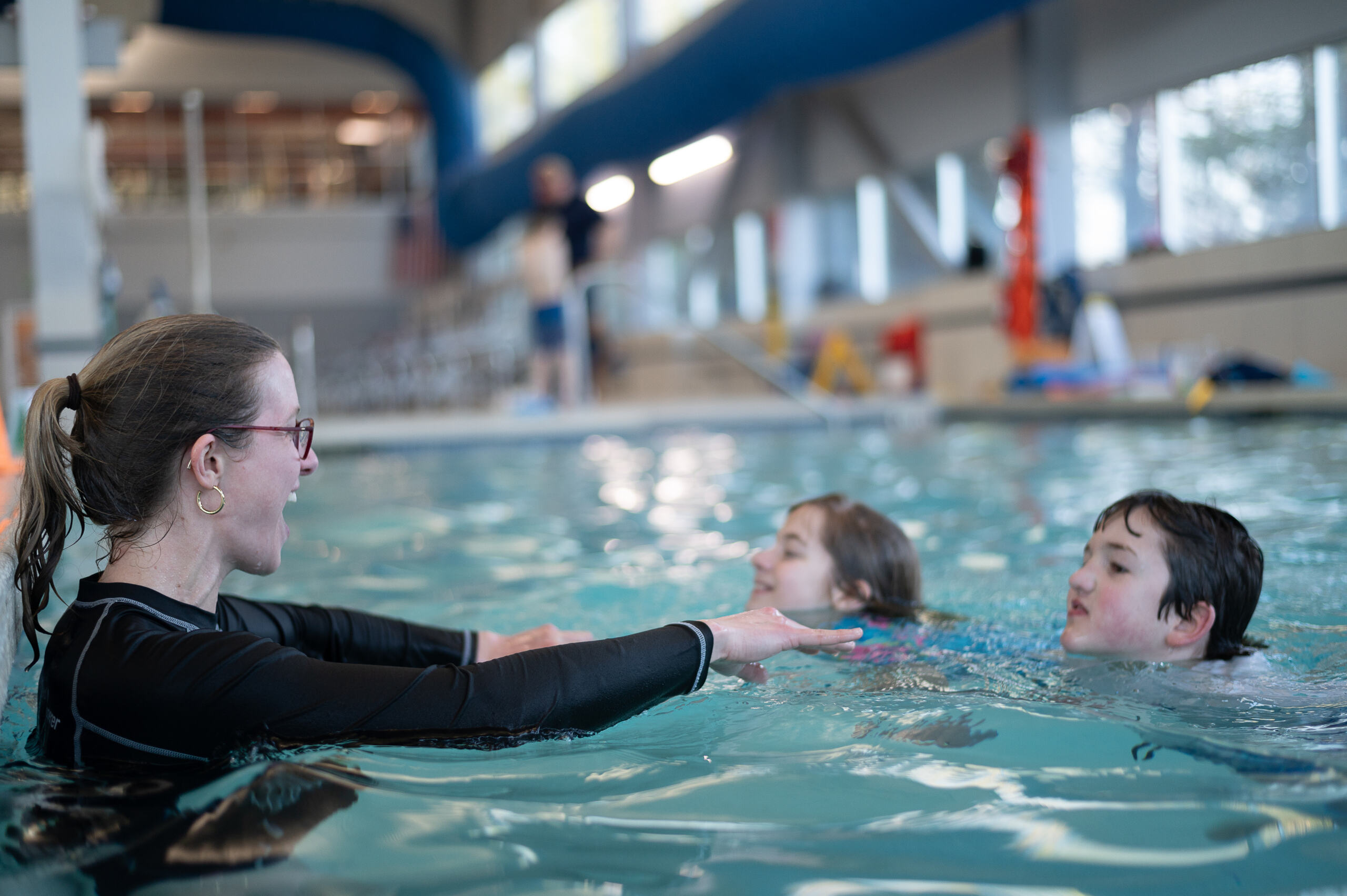
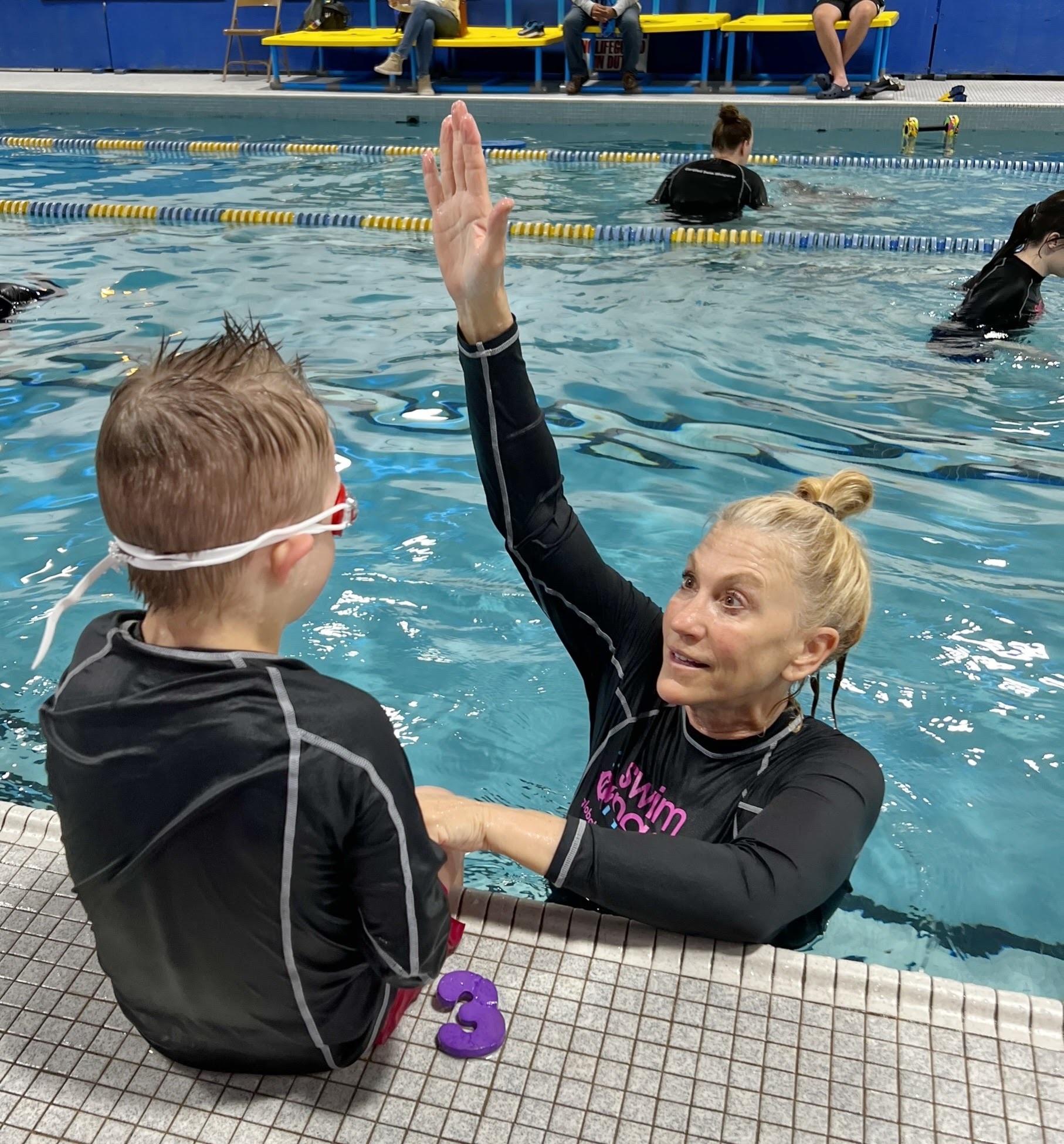
Ten Tips for Teaching Swimming to Children with ADHD
The Swim Whisperers® method works for children with ADHD because it is specifically designed to address the unique challenges faced by children with sensory and learning differences. Our tailored approach to teaching swim skills recognizes that each child is unique. It emphasizes individualized instruction, allowing for adaptation to specific needs and learning styles.
Here are 10 How-To tips from our Swim Whisperers® online training that will help you teach and create a positive swimming experience for individuals with ADHD:
Watch how our co-founder Cindy Freedman teaches swim skills to one of our swimmers with sensory processing challenges. Max had difficulty in a typical learn to swim program where he often could not follow the instructions or understand the motor movements of the swim skills.
Soaking it all up
Remember, every child is unique, and what works for one may not work for another. Patience, understanding the underlying problem, and a positive attitude are key when teaching a child with ADHD to swim. With the right training and approach, you can help your child not only learn to swim but also build confidence and gain essential water safety skills.
